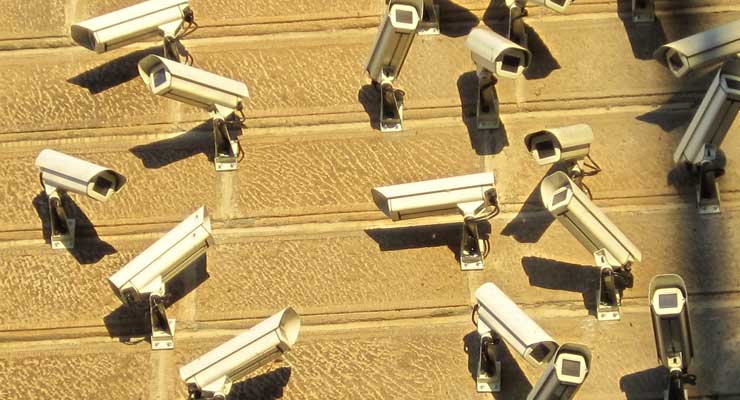
Following the passage of a 2015 law, the FBI has secretly collected the personal data from hundreds of customers of banks, credit agencies, cellphone carriers and also universities according to a report done by the New York Times. The law took effect after 2015 which the FBI has said was supposed to help the investigation into counter terrorism efforts.
“This is a pretty potent authority for the government,” University of Texas Law Professor, Stephen Vladeck said regarding the investigation. According to the documents, which were obtained by the Electronic Frontier Foundation through a Freedom of Information request, over 120 companies are included in the investigation, and personal details from customers have been exposed to the FBI all in the name of “counter terrorism.”
The FBI’s subpoenas, also known as National Security Letters, requested the information of customers’ usernames, IP Addresses and records of purchases, all in the name of “national security.” According to the report, credit companies, Equifax and Trans Union were where a majority of the usernames and information came from, for the credit side of the subpoenas. Cellphone companies, At&T and Verizon were where the FBI asked for data from cellphone companies.
The FBI used justification for obtaining the subpoenas under the 2015 USA Freedom ACT. The 2015 Freedom of Information Act, was passed under the 114th Congress and sponsored by a Republican congressman, James Sensenbrenner. The law states that its main goal is “To reform the authorities of the Federal Government to require the production of certain business records, conduct electronic surveillance, use pen registers and trap and trace devices and use other forms of information gathering for foreign intelligence, counter terrorism, and criminal purposes and for other purposes.”
However, according to the 2015 law, the FBI may be violating the law by asking for bulk collection of information. In a section under the law titled “Title V: National Security Letter Reform:” Section 501 states: “Prohibition on Bulk Collection,” of letter request, and Section 502: Prohibits Limitation on disclosure of national security letters.
“We are not sure the FBI is taking its obligations under USA Freedom seriously,” Electronic Frontier Foundation lawyer, Andrew Crocker said regarding the possible violation of personal liberties under the law.
Under the current design of the law, a judge does not need to sign off on these subpoenas and the FBI can request when it wants. National Security letters were introduced under the Reagan administration during the 1980s in the height of the Cold War.
The cooperation has revealed that about 20 tech companies have cooperated with the FBI for these subpoenas.
“The question is, do we have a right to know when the government is collecting information on us?”Professor Vladeck continued regarding the law.
Citizens of the United States should know when their government is spying on them and monitoring their online activity. As Benjamin Franklin once said, “Those who give up liberty for security deserve neither.”
David Anderson says
thank you for the report. We need a LOT more effort to investigate, publicize and discuss the way data is collected in these times where technology moves way faster than the law and – more importantly – the brains of the lawmakers. Even if they DID understand, and society’s will was followed, our representatives are bought and sold by those they should be overseeing.
Europe seems to be more on the ball about that than we are here – the “business friendly” light touch regulation is an across the board disaster in other areas also. Our legal approach to toxic chemicals (lead, say) and, hell, even road/car safety is years behind the likes of the EU, Australia and Japan where the politicians are less bought.
Thank you for the update: concise and well written as always.